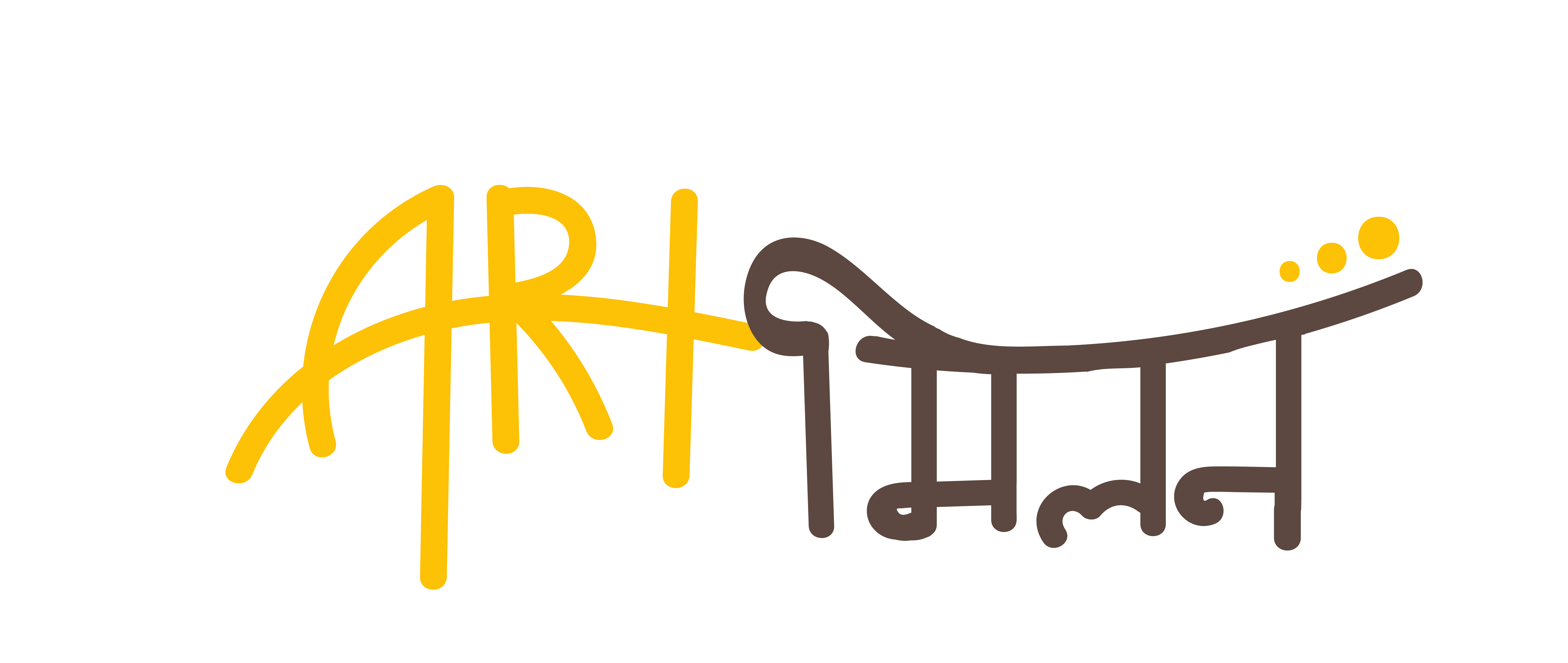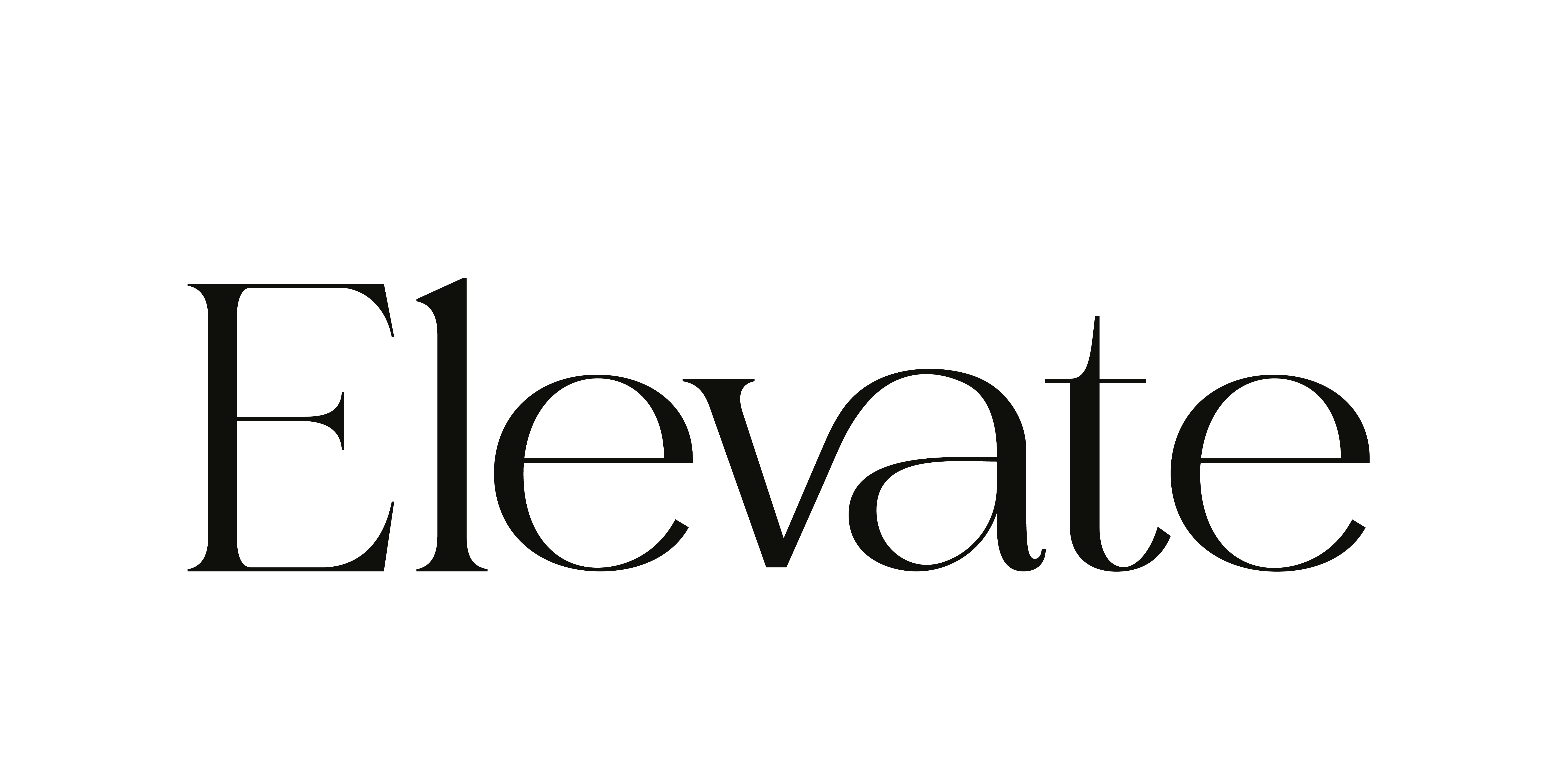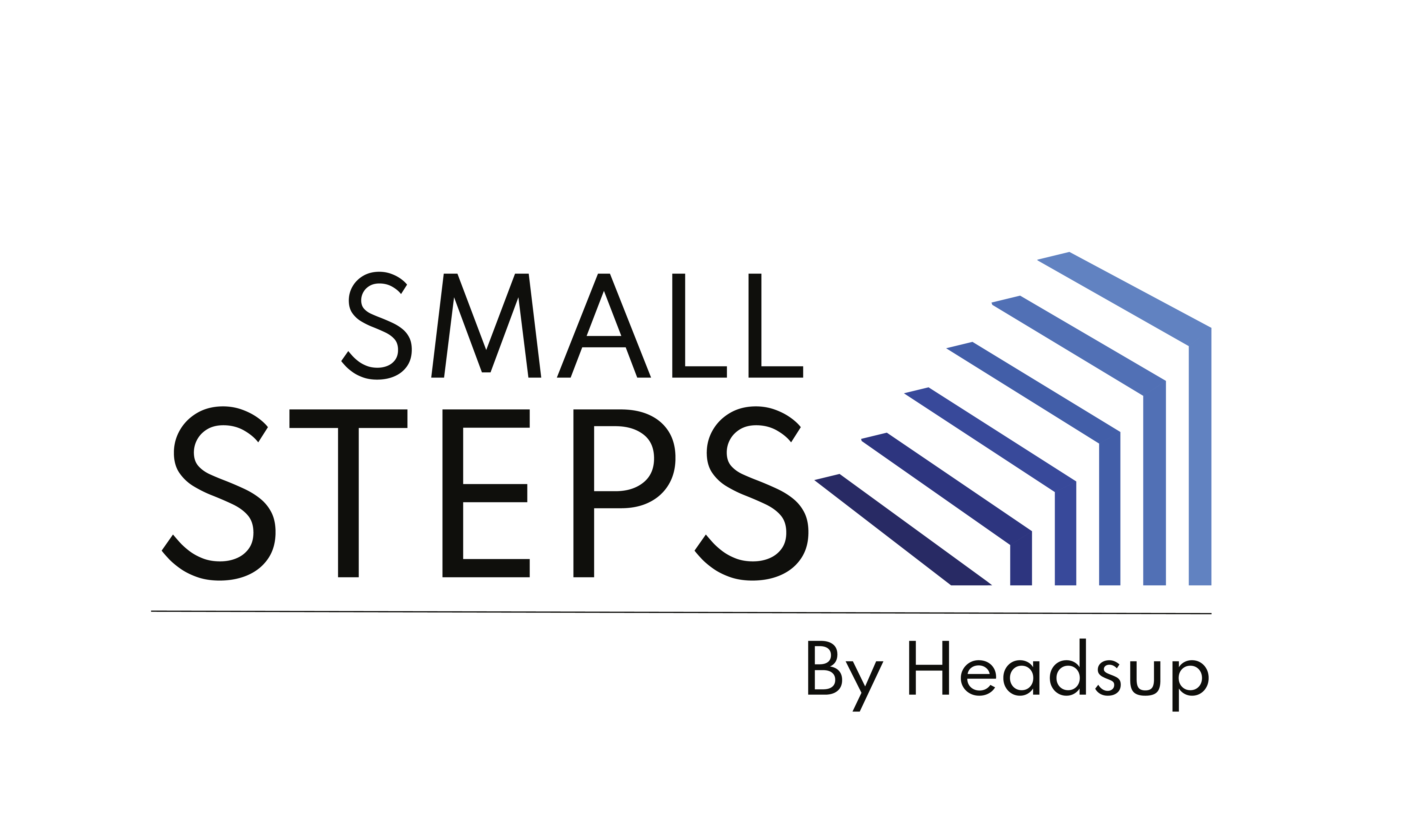The recent outbreak of Coronavirus has pushed multiple companies worldwide to shift to work from home model. While some of them are impressively coping up with the situation, the rest are struggling to adapt to the new model. Working from home is not a choice but an emergency action now to protect us from COVID-19. The real question is will it sustain itself once the crisis is over or the “New” normal will only be remembered as an experiment. Here are few pointers to understand the effectiveness, way forward, and the existence of #WorkFromHome:
1. Breaking Away From The Stigma
In India, ‘Work-From-Home’ was always seen as an excuse for not working, but the Coronavirus pandemic has changed that completely. Within a week or less, companies have made a quick transition to working remotely and rebuilding their work-flow structures. With COVID-19 cases on the rise, there is a bleak possibility that we will be going back to our offices soon. The reality is even when the lockdown ends and the virus is contained, there will be enough people doing remote work. Companies are working every day to make streamline the transition in every way possible as for now it surely is the “New” normal, perhaps not permanently but for a good time.

2. Internalizing The New Norm
Jobs that were once tethered to the desk are now free from the four walls of the office. Technology has saved the majority of the companies as they have decided to digitize their processes from communication to sales. Meetings are being conducted through virtual tools like Hangouts, Zoom, Slack, Skype, and more. There has been a spike in collaboration tools like Asana and Google Docs. The Cloud-based support of video conferencing, sharing files, chatbots, data analytics, and HR programs have allowed remote employees to continue work as if they never left their workplace. Employees and Employers both have found a great way to internalize the #Wfh model.

3. A Boon Or A Curse
What started off with excitement, lost it’s charm before we could even realize. Working in PJs seemed ideal but the excitement wears off when there’s no schedule and multiple distractions. For freelancers, it might have been a piece of cake to adapt but employees transitioning to work from home for the first time are facing both the pros and cons of the “New” normal. It might be temporary but adapting to it is a compulsion as even good employees look for in-person supervision at times.

4. The Real Question: Will #WFH sustain itself?
The uncertainty that the Coronavirus outbreak has prevailed in the lives of employees and employers has enforced remote work structures that can’t be escaped for a long time. The concern is will people be able to adapt to it and help the economy recover. The reality is as times passes by each of us has the ability to adapt change with innovation, thoughtful leadership & human ingenuity which will help us shed the “New” from the normal and adapt to the idea with positivity to foster growth in future. While the ones who get too comfortable with the concept – will they be able to transition back? That’s the real question.

5. The Silver Lining
Despite being forced into this whole remote work experiment, the concept can also be viewed as a great opportunity to prepare for the future as a part of crisis management. With Gen Z coming into full force by 2030, demand for remote work will surely increase. More than 71% of organizations already have remote work policies in place. It hasn’t been easy to implement but the benefit of being prepared will surely be a huge advantage for any business. It’s the new reality – be it permanent or temporary.
Also, for a better understanding we recommend watching the recorded session of our recent webinar conducted by Ms. Kavya Saxena, Head of Brand Experience from Vajor – She spoke about how one can make remote culture a part of their company’s DNA effortlessly.
Highlights Of The Webinar:
– Ways to set up ground rules for WFH
– Establishing easy work flow structures
– Tricks to manage productivity sans human touch and feel
– Innovative ways to stay in touch with employees informally
– Identifying low performers in time to streamline costs
– Addressing anxieties and concerns
– Creating long term remote plans
Stay tuned we’ll be ts of coming out with more engaging webinars!








